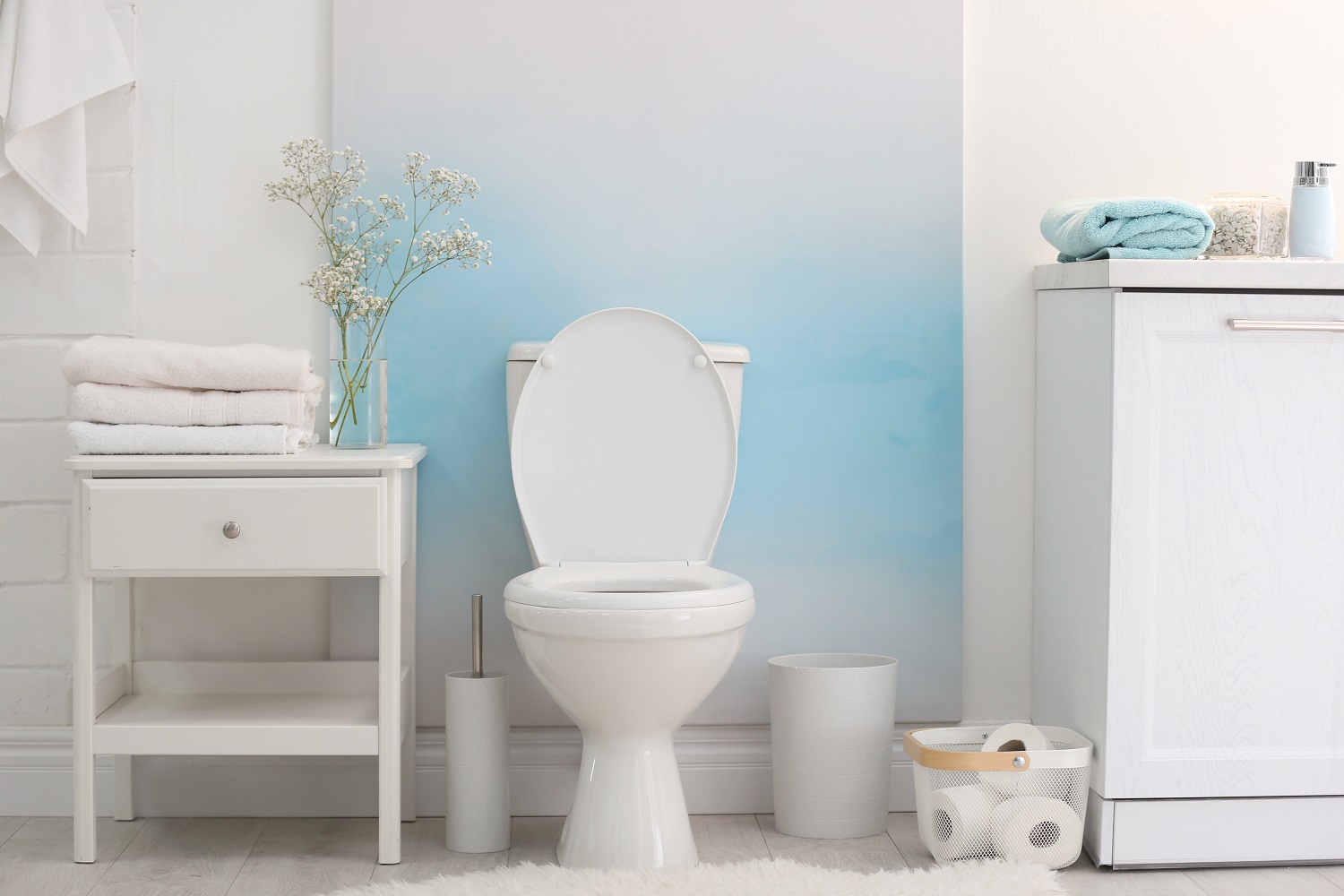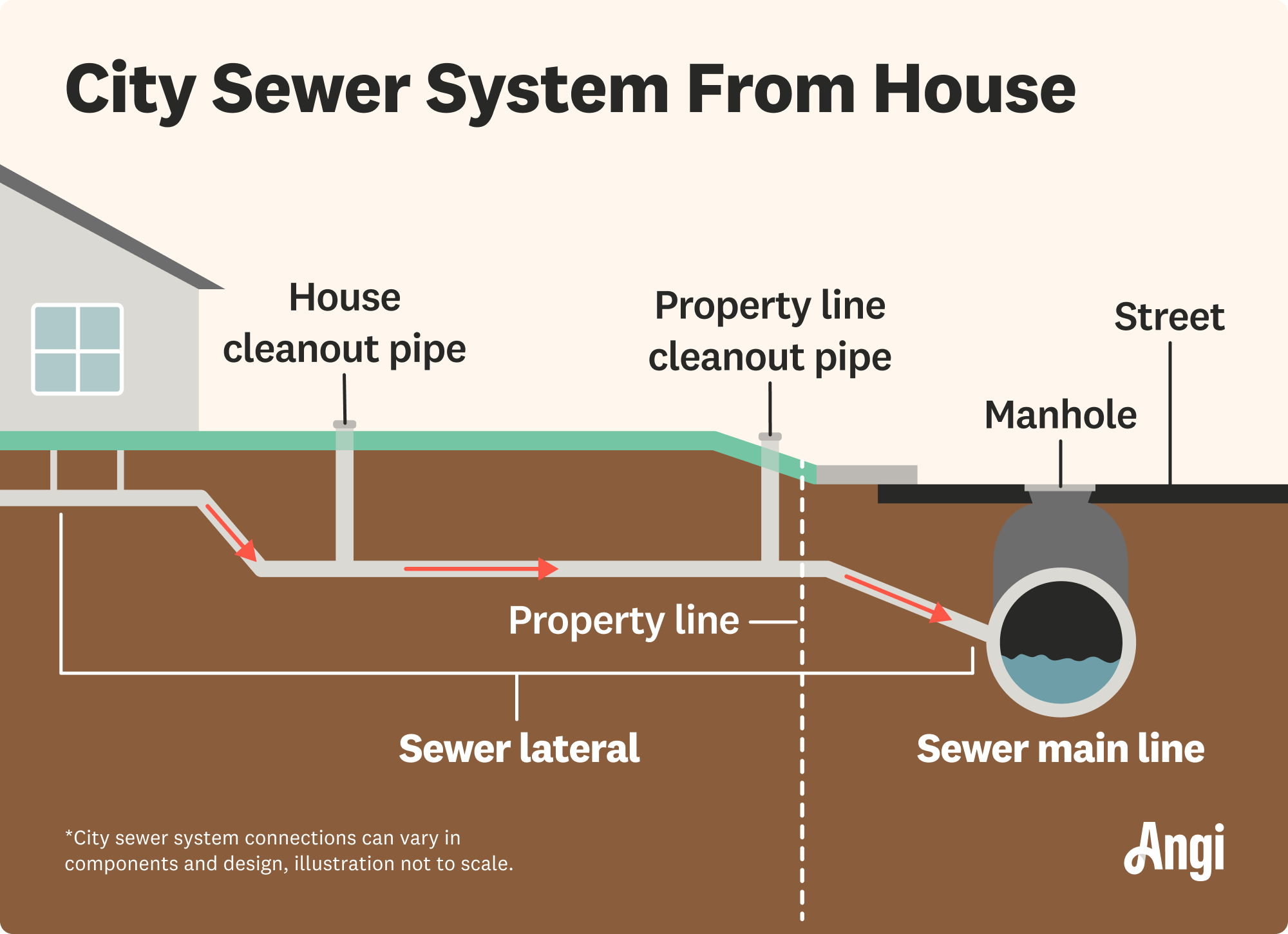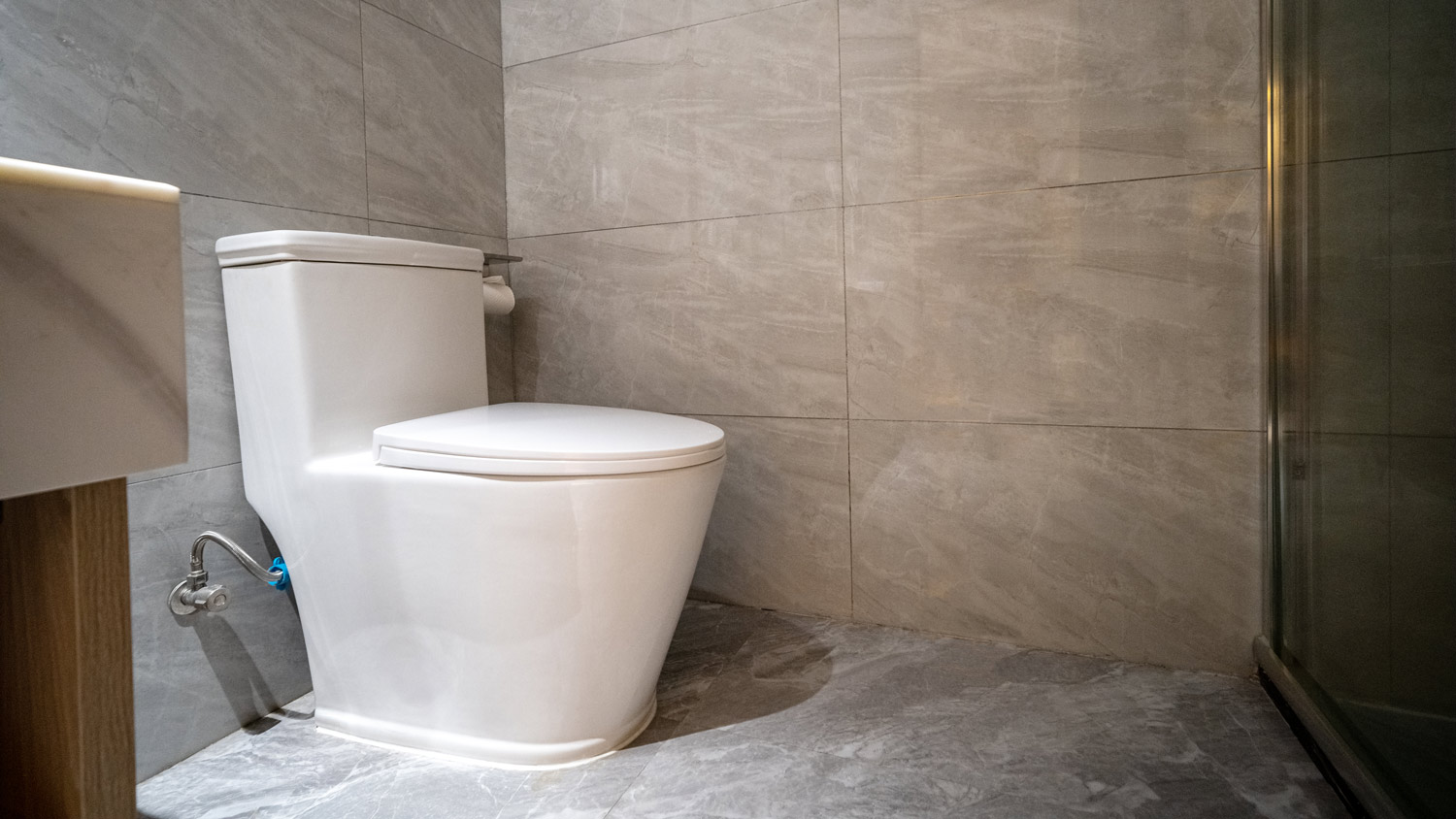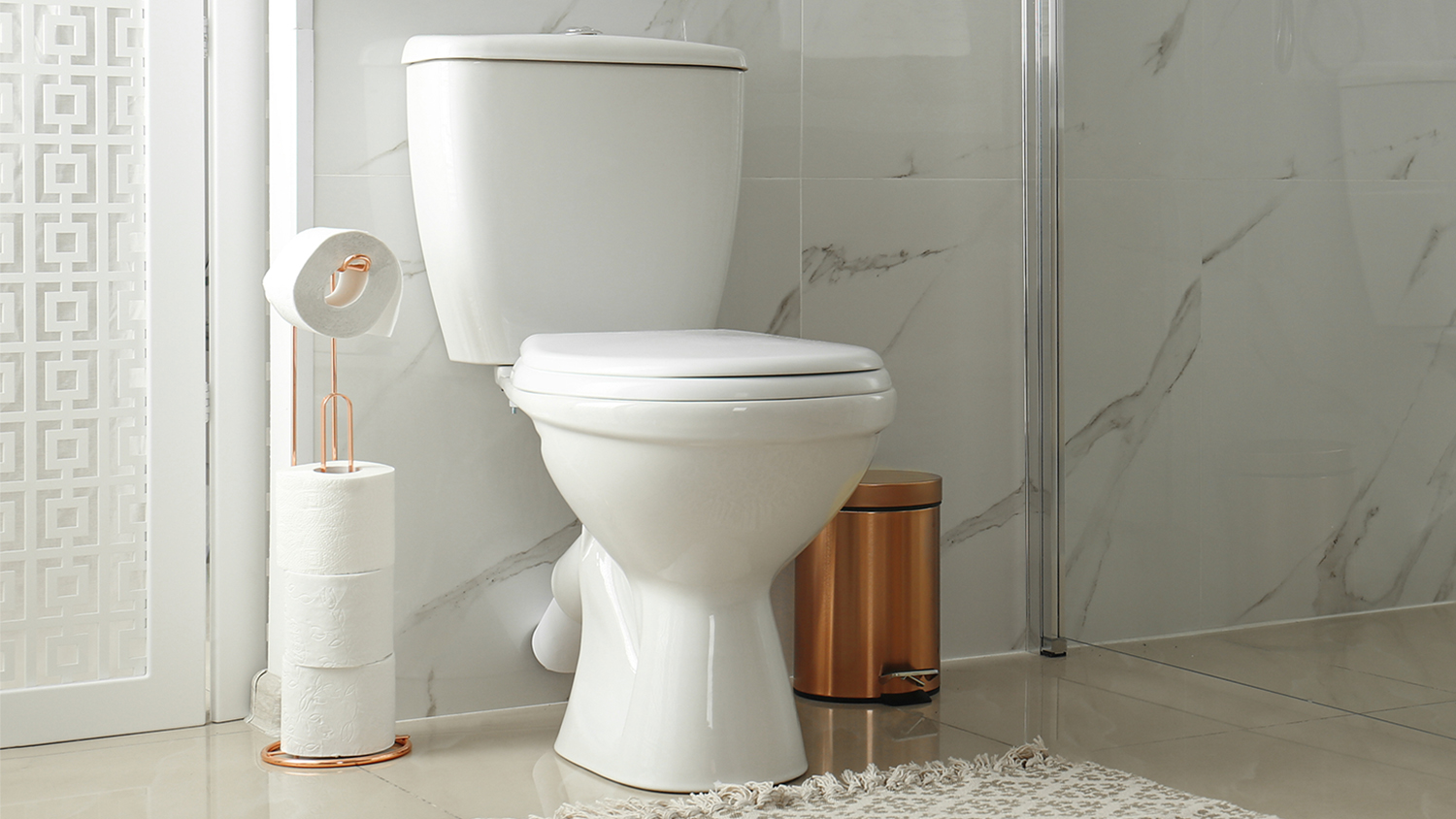
Need to know what sewer line replacement costs in New York, NY? This guide will help you prepare to budget for sewer line replacement done by local contractors.
Septic tank service costs depend on your project and location. Check with a local pro for your specific job.
Chicago’s harsh winters mean sewer pros need to bury sewer pipes at least 5 feet deep to prevent freezing, which increases excavation costs.
The city’s high sales tax significantly increases material costs for a sewer line project.
Clay-loam soil conditions can complicate installation, especially during spring thaws and wet summers.
Older neighborhoods in Chicago with combined sewer systems may require additional compliance regulations.
Winter weather can condense installation windows and cause scheduling challenges and delays.
When you dig into a sewer line project in the Chicago area, you’re dealing with more than dirt—you’re up against harsh weather, complex soil conditions, and permits and regulations. The cost to install a sewer line in Chicago, Illinois, ranges from $1,014 to $3,979, with most homeowners paying $2,460. Several factors drive these costs higher than national averages, so take a closer look so you can plan and budget wisely.
Chicago has a way of making even straightforward projects a little more complicated.
Between the annual freeze-thaw cycles, the tightly packed utilities, and the deep trench requirements, the sewer line installation process is more complicated in Chicago, Illinois, than in other cities. Dig a little deeper into sewer line replacement costs in the Chicago area.

Depending on the type of sewer pipe you choose, the average cost to install a sewer line in Chicago ranges from $60 to $350 per linear foot, with most homeowners paying around $140 per linear foot. Sewer line pipes are about 5 inches in diameter and run underneath your yard from your house to the main sewer drain.
| Length (Feet) | Average Cost |
|---|---|
| 25 | $1,500–$8,750 |
| 50 | $3,000–$17,500 |
| 75 | $4,500–$26,250 |
| 100 | $6,000–$35,000 |
To install a sewer line, you’ll need to purchase the pipes that connect the main sewer drain to your home. In Chicago, you’ll need to choose a material that’s hardy enough to handle whatever the winter weather dishes out.
New pipes cost about $4 to $30 per linear foot, and remember that Chicago’s higher sales tax is going to add up on every purchase. Factor in the type of piping material for a closer estimate of how much you’ll pay per linear foot:
| Piping Material | Pros | Cons | Average Cost (Per Linear Foot) |
|---|---|---|---|
| PVC | Lightweight, inexpensive, resists corrosion, can handle temperature fluctuations | Brittle in freezing temperatures | $4–$14 |
| ABS | Stronger than PVC, resists warping, superior cold-weather performance | Higher cost, limited approval in some areas | $6–$18 |
| Cast iron | Durable, stands up to ground movement | Heavy, expensive, prone to rusting | $15–$30 |
| HDPE | Flexible, resists cracking, excellent for challenging installations | Requires special installation equipment, higher material and labor costs | $10–$25 |
Chicago's soil conditions add another layer to consider when installing a new sewer line. The city sits on a mix of clay and prairie loam that behaves differently throughout the year—it freezes solid in winter, turns muddy during the spring thaw, and shifts with seasonal moisture changes.
This constant movement stresses buried pipes, so choosing quality materials up front can prevent issues down the road. Your sewer repair pro in Chicago, Illinois, can tell you which type of sewer line pipe is best for your property’s unique conditions.
Getting ready for a sewer line replacement in Chicago means dealing with more prep work than you might expect. The combination of deep digging requirements and crowded underground utilities can turn site preparation into its own project.
Trenching cost: Deep excavation and trenching to protect sewer lines from freezing account for much of the project cost. Chicago’s cold winters require pipes to be buried 5–6 feet deep to keep them below the frost line, resulting in more digging, larger equipment, and higher labor costs. Expect to spend $1,500–$2,200 per 100 linear feet.
Tree removal cost: When established trees interfere with the path of a new sewer line, you may need to hire a tree removal contractor to remove them for $600–$3,000 per tree. Clearing the root systems that remain underground costs an additional $300–$1,000.
Pavement removal cost: Before you can start digging, breaking up driveway or patio slabs runs about $10–$18 per square foot. Replacing hardscaping adds to the cost.
Utility line coordination: Your new sewer line installation may need to work around gas lines, electrical services, phone and internet lines, water mains, and more. Budget for $800–$3,500 per line.
Sewer line work in Chicago is a job for pros who know how to handle the city’s muddy or frosty soil and the maze of paperwork and regulations. Between extra-deep digs, union crews, and a detailed permitting process, hiring the right contractor is well worth the investment.
The Chicago Department of Water Management oversees sewer line installations to protect the city's infrastructure and Lake Michigan's water quality. Expect to budget $400 to $950 or more for permits, depending on your project's scope and location within the city. Your to-do list for permits and regulation checks might look like this:
Plumbing permit for basic installation work: $200–$400
Excavation permit for significant digging: $150–$300
Right-of-way authorization if work affects city property: $250–$600
Combined sewer system compliance in older neighborhoods: $100–$200
Environmental protection compliance to meet watershed regulations: $50–$150
Inspections happen at every big step: before digging, during excavation, after pipe placement, during backfill, and at final hookup. Each one runs $100 to $150, and if you miss an appointment, you’ll have to pay to reschedule.
If you’re working in a historic district or area with special zoning, you can expect extra review steps before you can start digging.
Thanks to a mix of skill, climate, and local unions, labor on sewer line installations in Chicago commands premium rates. To hire experienced plumbers, plan for rates between $55 and $95 per hour. Most crews for a residential sewer line replacement include three to five workers, and the work takes three to six days.
In Chicago, a new sewer line can be a quiet selling point that gives buyers confidence and helps protect your home’s long-term value.
For buyers, older sewer lines could mean risking backups during spring rains, frozen pipes during winter months, and emergency leaks. Replacing a sewer line before listing your home can speed up offers and encourage smoother negotiations. Beyond avoiding disasters, a new sewer line signals that your home is well-maintained.
The value boost here is less about adding dollars to the asking price and more about protecting the price you want. While you may not see a full return on your original investment, you could see it in other ways, like fewer repair concessions, better appraisals, and a simpler closing process.
Home is the most important place on earth, which is why Angi has helped more than 150 million homeowners transform their houses into homes they adore. To help homeowners with their next project, Angi provides readers with the most accurate cost data and upholds strict editorial standards. We survey real Angi customers about their project costs to develop the pricing data you see, so you can make the best decisions for you and your home. We pair this data with research from reputable sources, including the U.S. Bureau of Labor Statistics, academic journals, market studies, and interviews with industry experts—all to ensure our prices reflect real-world projects.
Want to help us improve our cost data? Send us a recent project quote to [email protected]. Quotes and personal information will not be shared publicly.
From average costs to expert advice, get all the answers you need to get your job done.

Need to know what sewer line replacement costs in New York, NY? This guide will help you prepare to budget for sewer line replacement done by local contractors.

Need to know what sewer line replacement costs in Chicago, IL? This guide will help you prepare to budget for sewer line replacement done by local contractors.

Need to know what sewer line replacement costs in Detroit, MI? This guide will help you prepare to budget for sewer line replacement done by local contractors.

A full septic tank can cause health issues and costly repairs. Look out for these top seven warning signs your septic tank is full.

Need to know what sewer line replacement costs in Dallas, TX? This guide will help you prepare to budget for sewer line replacement done by local contractors.

Wondering if an anaerobic septic system is the right choice for your home? Check out this guide to learn more about how this type of system works.